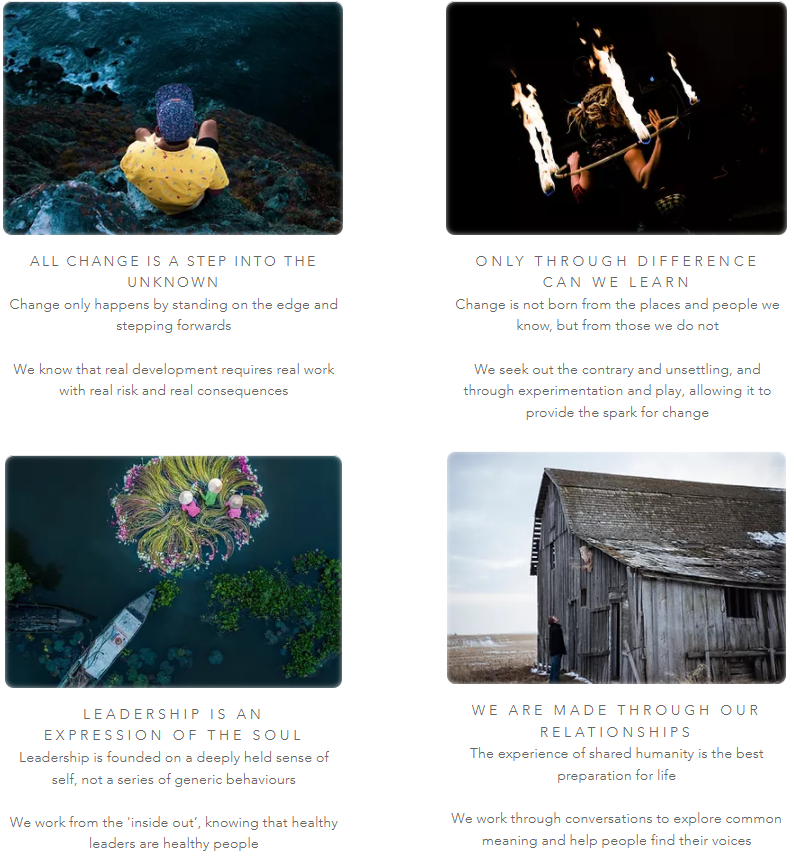Fresh Post! No Archive redraft!
Johnnie Moore pointed to a great LinkedIn post by Laurence Barrett that resonates with my current “fallow” project. It is no accident that Johnnie is an advocate of “unhurried!”
Laying fallow, I can reflect, observe and cross-pollinate ideas and experiences that surround me because I have the free time and head/heart space to do that. I am not fully confined by a large set of obligations. Yes, the grandkids are still #1 priority and that is a place for much of my energy, but the freedom from deliverables is quite intoxicating. I am available for reverie!
I’m pulling out two quotes, but it will make much more sense if you go and read the whole post! And don’t miss the P.S. at the bottom, which is fodder for even more reflection and blogging!
Mr. Barrett is talking in the context of coaching and the dynamic of “containment.” When I read it, I immediately thought about how a facilitator may try and contain human interaction in the well-intentioned service of the goal or purpose of a gathering. As group process folks, we have the opportunity (motive! means!) to create containers where people might do something different and more effective if engaged in something more free floating than overly structured.
The older I get, the more I sense that a lot of group process practices are about how we actually make a space less welcoming, “safe,” etc. Instead, Barrett reflects on another way that is less contained, and more “free floating.”
Here we may think of it as a dynamic, mutual and rather messy process of meaning making. Images and associations arise from the unconscious to be exchanged and evolved in what Wilfred Bion termed a ‘reverie’; a free-floating dialogue without defined goals and objectives.
In reverie both coach and client are ‘in’ and committed to the dialogue. Both can potentially be transformed.
And…
If our need to be ‘masterful’ or ‘powerful’ (words I see in some coach training) prevents us from entering a reverie we do not contain our clients, we just limit them.
A client is contained not by the coaches calm, rational, objectivity, but by our engagement and involvement, and both parties may be transformed by the encounter.
Pretending we are wisdom figures may fuel our narcissism or hide our anxiety, but it is definitely not containment.
I have worked hard through my professional life to show up not as some sort of wisdom figure and to engage in reciprocal work and learning. But there are old patterns in there that creep up in my head saying “I know what to do here.” Fully recognizing those moments, and choosing to let go, is something quite wonderful. And a door to reverie. (Using a “door” metaphor also reminds us there are many ways to think about space and containers. See this wonderful piece about other ways to think of space.
P.S. I love the four fundamental principles Mr. Barrett’s company espouses. I love them so much I took a screen shot. Mr. Barrett, if that is not OK, let me know and I’ll take the image down!
